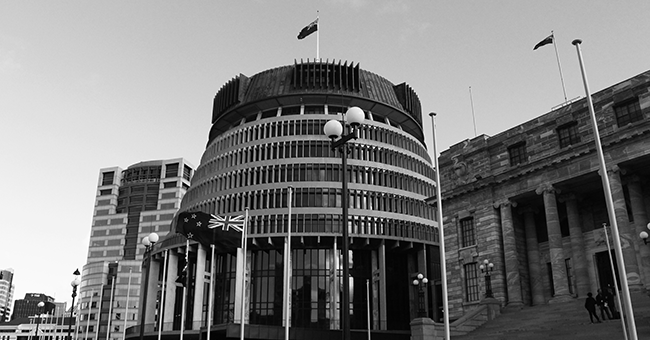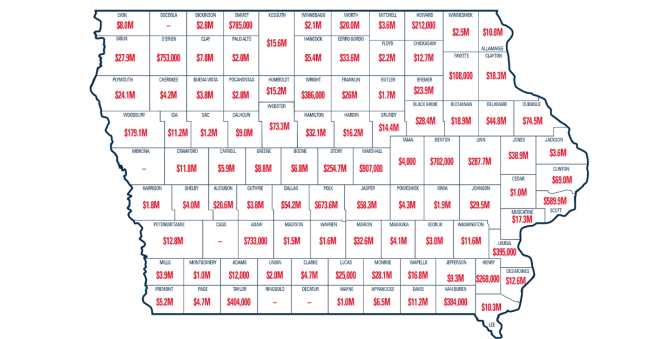Just like good physical health, good mental health is an important part of healthy child development.
Infant Mental Health Awareness Week (IMHAW) is held annually in June and highlights why giving every child the best possible start matters to their future mental wellbeing.
This year’s IMHAW theme is ‘Understanding Early Trauma’ and takes place from 13 to 19 June.
Very young children need lots of help from their parents and closest caregivers to learn how to express and manage their emotions in healthy ways.
Disruptions to this developmental process (i.e. when relationships are psychologically harmful) can impair a child’s capacity for learning and relating to others, potentially leaving serious and lasting consequences that can create difficulties for the child into their adults years.
Maroondah City Council’s Coordinator Maternal and Child Health, Vicki Middleton, says building resilience in children early in life helps them to learn to understand their emotions, build healthy relationships, adapt to change, and cope with life’s challenges and stresses.
“Through research we know that experiences and the environment that surround babies, both in utero, newborn, and throughout childhood can impact how a child sees and perceives their world,” she says.
“Having a secure relationship with their caregiver and a safe environment will promote healthy emotions for a baby, which will lead to a child being able to regulate their emotions (such as being able to manage change and stress), build resilience and know who they can turn to when needing support,” adds Vicki.
“Important learning in a child’s early years becomes the building blocks for their emotional wellbeing in later life.”
Vicki explains that there can be many reasons for changed behaviours in children, especially as normal childhood development is a process that involves change.
“Like adults, a child’s emotional state can change over time and quite often change as normal development occurs,” she says.
“Recognising mental health struggles in infants and toddlers can also vary from one child to the next. Although when children continue to display behaviours that indicate they are struggling with their situation, it is important to seek help.”
Since an infant or very young child cannot tell us when they are having a problem, it is important to keep an eye out for warning signs.
Signs to look for
Signs your baby or child might not be doing so well mentally may include:
- persistent or unremitting crying
- not wanting to be held
- unable to be consoled when upset, or being upset for longer than seems right
- restlessness
- not seeming to interact with others
- gastric disturbance
- anxiety and tension
- distress and fear
- eating and sleeping difficulties
- lack of weight gain or failure to thrive
- failure to meet expected developmental milestones.
Maroondah’s Maternal and Child Health nurses are well trained to support parents and caregivers to understand their infant’s emotional and social development.
Need assistance?
MCH nurses can help to:
- Observe babies and the way they interact with their environment, physically, socially and emotionally.
- Understand the importance of the infant carer attachment and promote ways that this can be strengthened.
- Talk through with parents about concerns they may have and help the parent to see how it is from a child’s perspective.
- Provide referral pathways to professionals who can support parents/caregivers to be as emotionally available as possible when challenging times do exist.
- Facilitate early intervention referrals, if needed, for infants who are displaying signs of mental health difficulties to ensure the best possible outcome.








